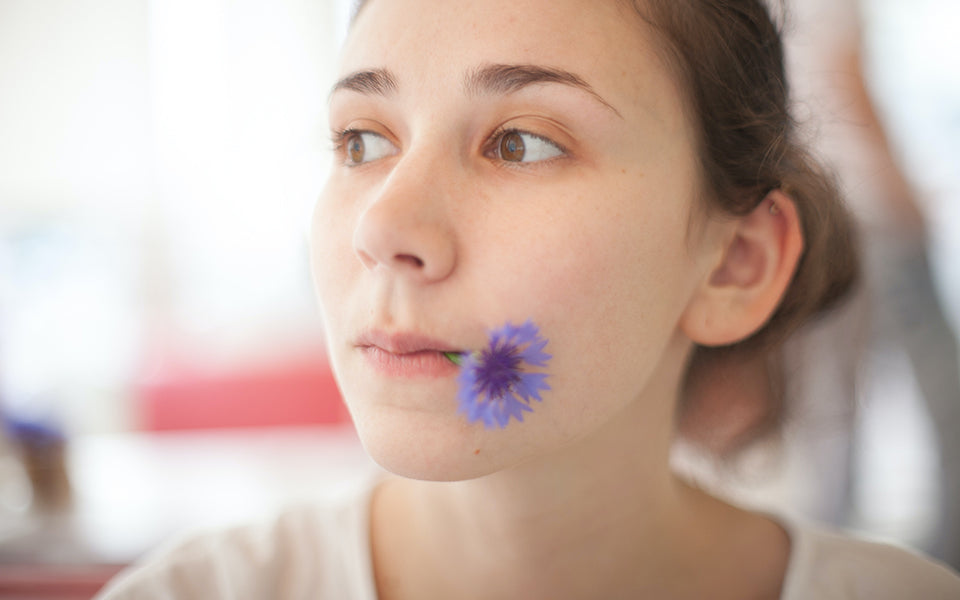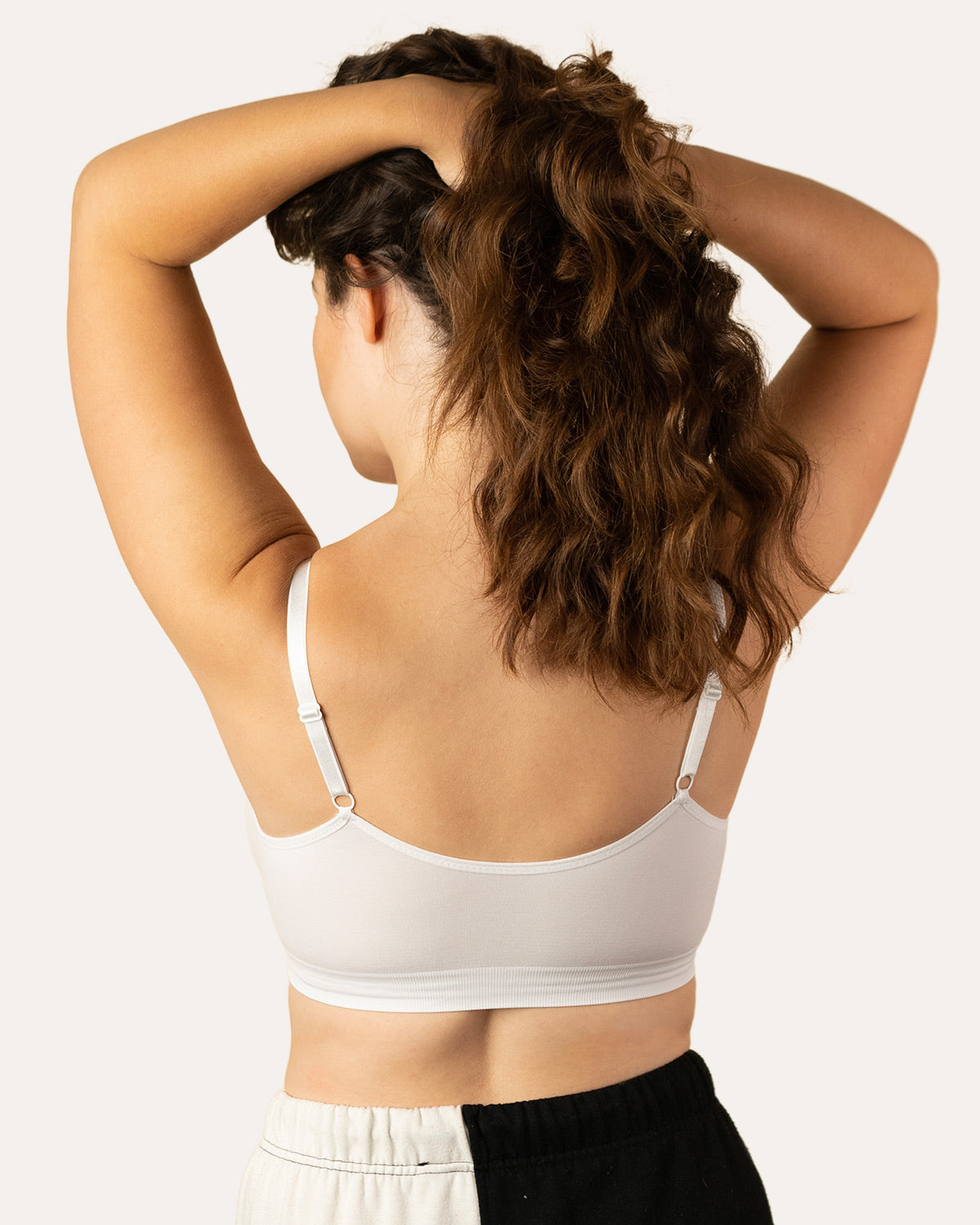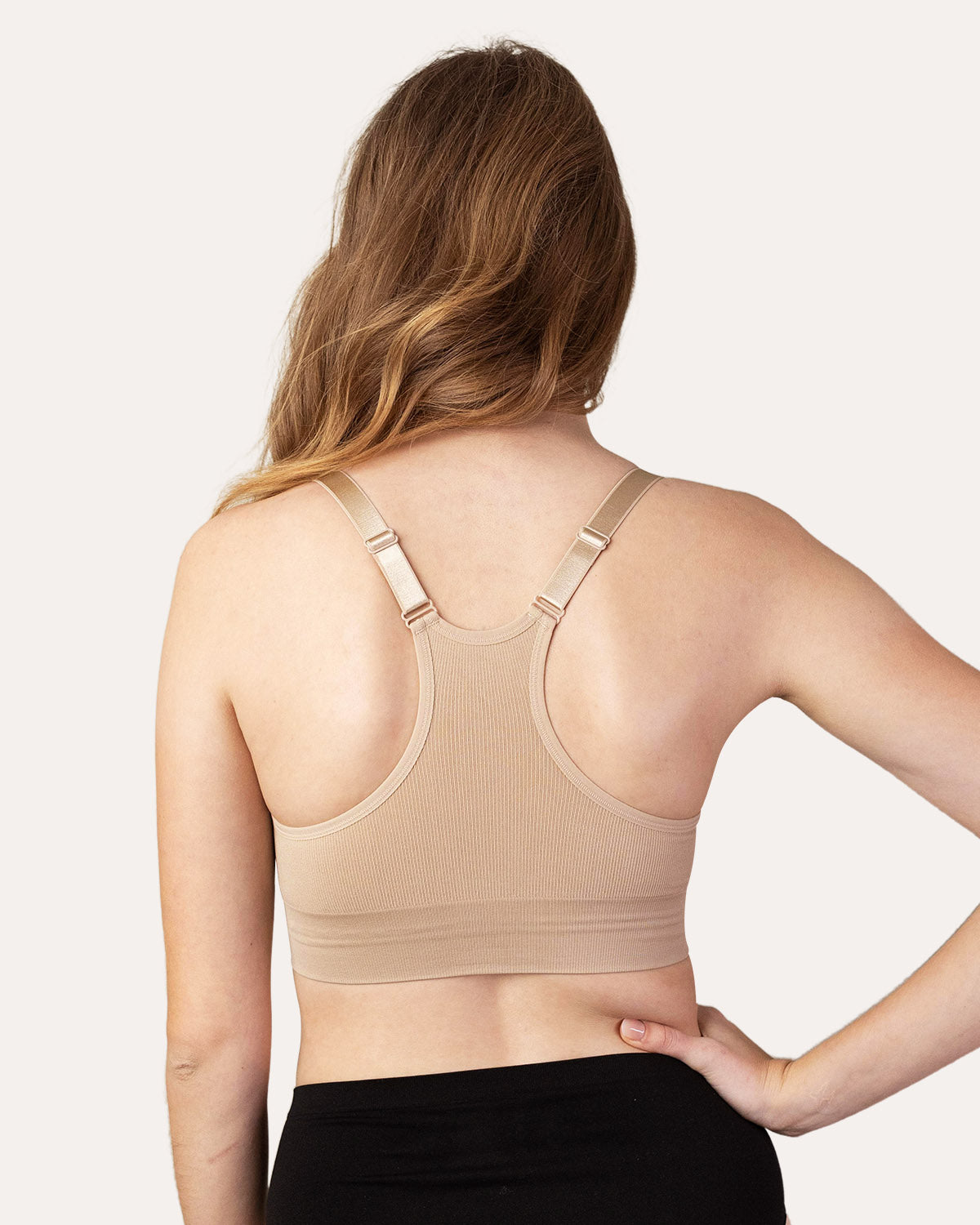
People often have a habit of biting their lips, cheeks, or tongue. This behavior can trigger
painful and swollen skin conditions on their lips, cheeks, and tongue. It can be hard to break this habit since it
can become so ingrained that it can no longer be ignored. Fortunately, there are various ways to break this habit.
Why do you bite your lip?
There are two kinds of situations about your biting your lips.
If you're prone to lip biting, then you might need to talk to your dentist about it. Aside from a physical reason, it could also be caused by malocclusion or a condition known as a temporomandibular joint disorder, that is to say, near lower jaw disorder. Your dentist can help you identify the cause of the issue and develop a treatment plan to stop it.
Another common factor that can trigger an increase in lip-biting is boredom. In some cases, people find that chewing and biting provide them with sensory stimulation, which can help them focus on a task.
You might be suffering from a mental health condition called lip biting. It could be a sign of repetitive behavior that's causing you anxiety. If you're not aware that you're biting, then it's probably a sign that you are too nervous. Having to admit that you're doing it could lead to some self-care measures.
Although lip biting isn't officially categorized under a mental disorder in the DSM-5, it's considered a condition that's related to obsessive-compulsive behavior. People with BFRBs aren't intentionally harming themselves, they bite their lips unconsciously, and even they don't know they are biting lips. Although some people with this condition resort to self-mutilation, they aren't cutting themselves.
Why lip biting is bad?
We may think that biting our lips, cheeks, or tongue is harmless, but it can cause various health problems. One of these is painful sores that can develop if we continue to bite these soft tissues for too long. Infection can then spread to other parts of the mouth, which can lead to various problems.
Regardless of the cause, biting any part of the mouth can feel like it's hurting. It can take a long time for the discomfort to subside, and it can also lead to a mouth sore. This condition can be caused by poor oral hygiene, and it can also lead to infection. If a malocclusion is the main cause of your bite, then other problems such as headaches and tooth shifting could also occur.
Why you need to stop lip-biting or licking:
Although the effects of repeated lip-licking and biting are usually mild, some people experience a rash that's caused by excessive exposure to both. Worse, still, a person can develop a ' lip licker's rash ' that's characterized by scaly and pink lips, which can cause a burning sensation.
Although the initial effects of a lip licker's rash are usually mild, they can lead to infections and even cause severe pain. According to research, a broken down skin can cause cold sores and scar tissue. Moreover, biting or rubbing the lips can also cause a rupture or blockage of the saliva gland, which can manifest as a mucocele. Even if these are usually not serious, they can still take a long time to resolve.
Persistent licking or biting can trigger the development of lichenification, which is a type of skin that's characterized by white or brown patches. This condition can appear on the lips like red or brown skin that's very uneven.

How to stop lip biting?
Although it's hard to break these habits, they're also very important to consider when it comes to improving them. Aside from applying a few topical treatments, it's also important to put in the effort to kick these habits.
Know the trigger
One of the first things to do is identify the cause of your anxiety and stress. Doing so will help you break the habit and prevent it from returning. For instance, if it's stress, taking a break for a couple of hours can help ease it.
Explore therapeutic techniques that can help you manage habit-triggering emotions.
If you're struggling with a lip-biting and licking problem, you might want to consult a mental health professional. According to Berry, various methods can help people manage their behavior, such as cognitive-behavioral therapy. These methods involve learning how to identify the triggers that trigger their actions.
People can try to accept the urge without actually doing it. She said that some people will notice their own emotions accompanying the urge, and they will then say something like, 'This will pass, and I will not bite at this moment'.
This type of training is not for everyone, and it can take a long time to develop new strategies. According to Berry, it can be challenging to manage repetitive behaviors, and it requires the individual to practice these skills consistently.
If you're struggling with a severe case of mouth-biting and licking, you might want to consult a mental health professional. According to Berry, there are various methods that people can use to improve their behavior. Some of these include mindful training and acceptance and commitment therapy.
This training will not work overnight. It can be challenging to manage repetitive behaviors, and it can take some time to develop new strategies and skills. You will also need to practice these techniques consistently for a long time to improve your results.
Check out our other bra guides for more popular cup sizes:
● C
Cup Boobs - All You Need to Know About Your C Girls
● C Cup Boobs - How Can You Get Them?
● D Cup Boobs - Do
You Know About Them?
● E Cup - What's
the Difference among C, D and E?
● F Cup - Understanding This
Amazing Bra Size
● Is
G Cup Big? Let's Talk about It.
Check out our boob memes articles for fun:
● Boob Memes Episode II - This Time
Let's Talk about Pain in the, Emmm, Bra
● 24 Funny Boob Memes That
Makes You Laugh
Check out our more articles about women fashion & health tips:
● Most of You Don't Know About These Tricks to Slim Thigh
● Inspiring
Spring & Summer Fashion Tips for Busty Women
● Differences between
Thongs, Tangas, or G Strings
● C Cup Boobs -
Bras Best for Your Precious C Cup Girls
●
Why do My Bra Straps Fall Down & How to Keep Bra Straps from Slipping
































Leave a comment
This site is protected by hCaptcha and the hCaptcha Privacy Policy and Terms of Service apply.